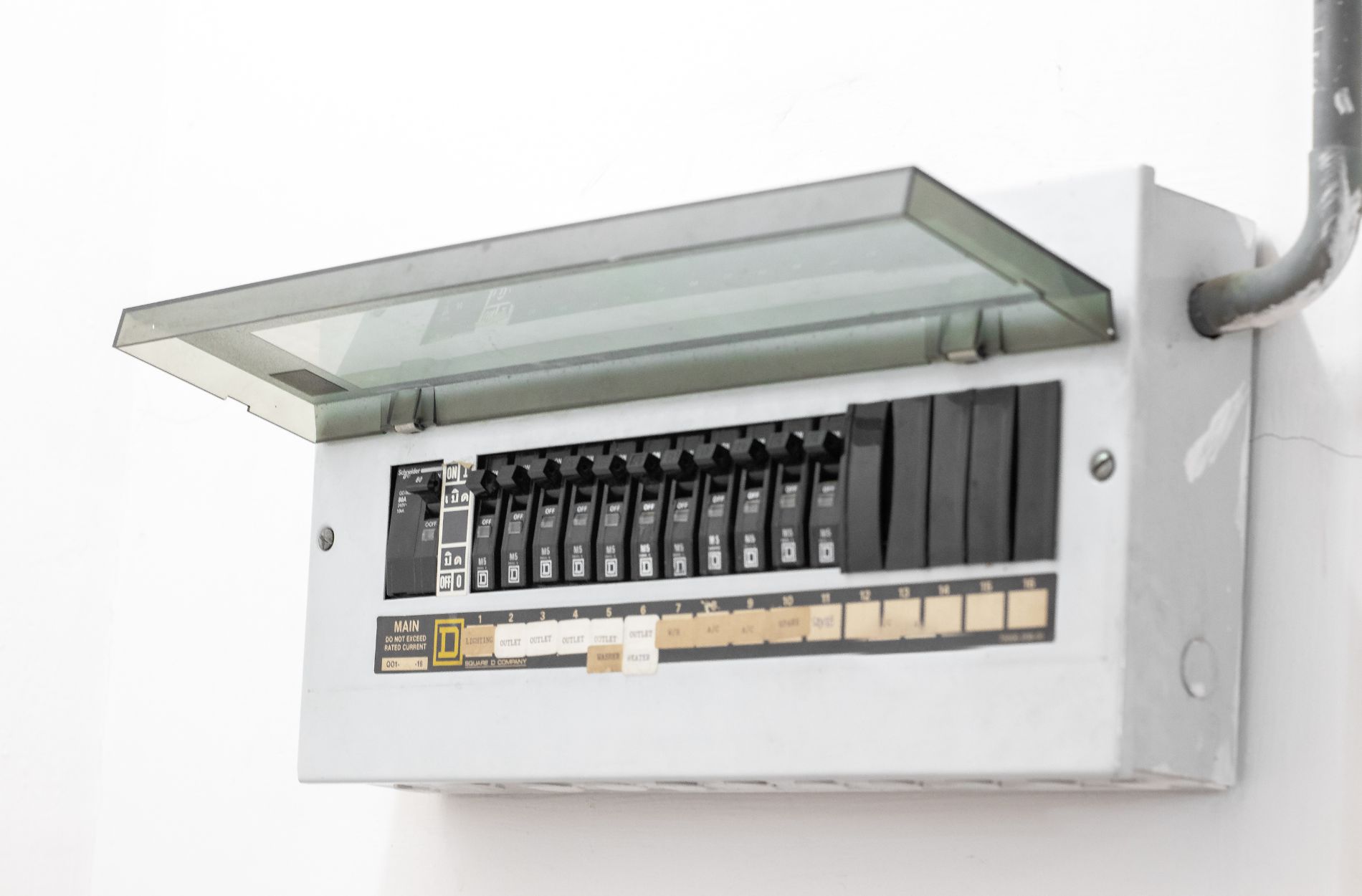As summer approaches in Glenfield Park and Wagga Wagga, homeowners need to prepare their homes for increased energy consumption caused by air conditioning, pool pumps, and other energy-intensive appliances. To ensure the safety and efficiency of your electrical system during this season, it is crucial to follow a comprehensive checklist, reducing the risk of preventable problems and accidents.
This handy guide will provide Glenfield Park and Wagga Wagga homeowners with essential steps to prepare their electrical systems for the summer months. From inspecting your air conditioning unit to testing your smoke alarms, these essential tasks will help you avoid potential hazards and get the most out of your electrical system. Stay tuned as we walk you through this valuable checklist, promoting peace of mind and a comfortable summer in your home.
1. Inspect and Maintain Your Air Conditioning Unit
An essential step in preparing your electrical system for summer is to inspect and maintain your air conditioning unit. Check for signs of wear and tear, such as damaged or exposed wires, and listen for unusual noises indicating potential issues. Clean or replace the filters, as dirty filters can reduce the efficiency of your unit and increase energy consumption. Ensure the outdoor unit’s area is clean and free from any debris or vegetation that may obstruct airflow. If your unit requires more in-depth maintenance, consider hiring a professional technician to address any issues promptly. Proper care of your air conditioner will not only save on energy costs but also prolong the lifespan of your unit.
2. Check Your Smoke Alarms and Carbon Monoxide Detectors
Smoke alarms and carbon monoxide detectors play a vital role in protecting you and your family from potential hazards. Test each alarm by pressing the test button and listening for the alarm to sound. If any device is not functioning correctly, replace the batteries or the entire unit if necessary. Ensure that there is at least one smoke alarm on each level of your house, and consider installing additional alarms in bedrooms and living areas for enhanced protection.
3. Assess Your Home’s Energy Use
Summer is an excellent time to assess your home’s energy usage and implement energy-efficient practices. Begin by conducting an energy audit to identify areas where consumption can be reduced. This may include upgrading your insulation, using energy-saving light bulbs and appliances, or implementing smart technology. Track your energy usage with an energy monitoring device or smart meter to develop a better understanding of your consumption habits and make informed decisions on improvements. By implementing energy-efficient practices, you can reduce your energy bills and lessen the strain on your home’s electrical system during the summer months.
4. Examine and Upgrade Your Home’s Outdoor Electrical System
Preparing your electrical system for summer also involves checking and upgrading your outdoor electrical equipment. Inspect your outdoor lighting fixtures for any signs of wear or damage and replace them as needed. Consider using energy-efficient LED bulbs in your exterior lighting to save on electricity costs and achieve better illumination.
Ensure that your outdoor electrical outlets are protected by weatherproof covers and fitted with either ground fault circuit interrupters (GFCIs) or residual current devices (RCDs), which can protect you and your family from electrical shocks and prevent potential electrical fires. If you have a pool or spa, inspect the electrical wiring and equipment, such as pool pumps and heaters, for any signs of wear or damage. Address any issues immediately to avoid electrical hazards during the summer months.
5. Evaluate Your Home’s Electrical Panel
The electrical panel serves as the central hub of your home’s electrical system and can handle a certain amount of power before it becomes overloaded. As summer approaches, increased energy demand from air conditioning units, fans, and other appliances can place additional strain on your electrical panel. Inspect the panel for signs of damage, wear, or corrosion and identify any frequently tripping breakers which may indicate overloaded circuits or other issues. If you suspect your electrical panel is unable to support your home’s increased energy requirements, consider upgrading to a more powerful panel or scheduling an inspection with a qualified electrician. Proper panel maintenance and upgrades can help you avoid costly system failures and electrical accidents.
6. Review Your User Habits and Adjust Accordingly
To ensure your electrical system remains reliable during the summer months, it is a good idea to review and adjust your user habits. Avoid running multiple high-energy appliances simultaneously, as this can overload your system and lead to power outages or electrical fires. Set your air conditioner to a reasonable temperature and use energy-efficient settings, such as timers and eco-modes, to reduce energy consumption. If you plan on taking an extended holiday, unplug non-essential appliances to save energy and reduce the risk of electrical mishaps while you’re away.
Summertime Preparedness: Secure Your Electrical System Now
Taking the necessary steps to prepare your Glenfield Park or Wagga Wagga home’s electrical system for summer is vital for ensuring safety, efficiency, and comfort throughout the season. With this comprehensive checklist, you can confidently address potential electrical issues and enhance your home’s overall energy performance during the warmer months.
For professional assistance with your residential electrical needs, look no further than Riley Smith Electrical. Our team of expert electricians is dedicated to providing top-quality services, including inspections, maintenance, and upgrades, tailored to your home’s individual requirements. Don’t leave your home’s electrical preparedness to chance – let us guide you through the process and secure your systems for summertime energy demands. Contact Riley Smith Electrical today and experience the peace of mind that comes with a safe and efficient electrical system.

